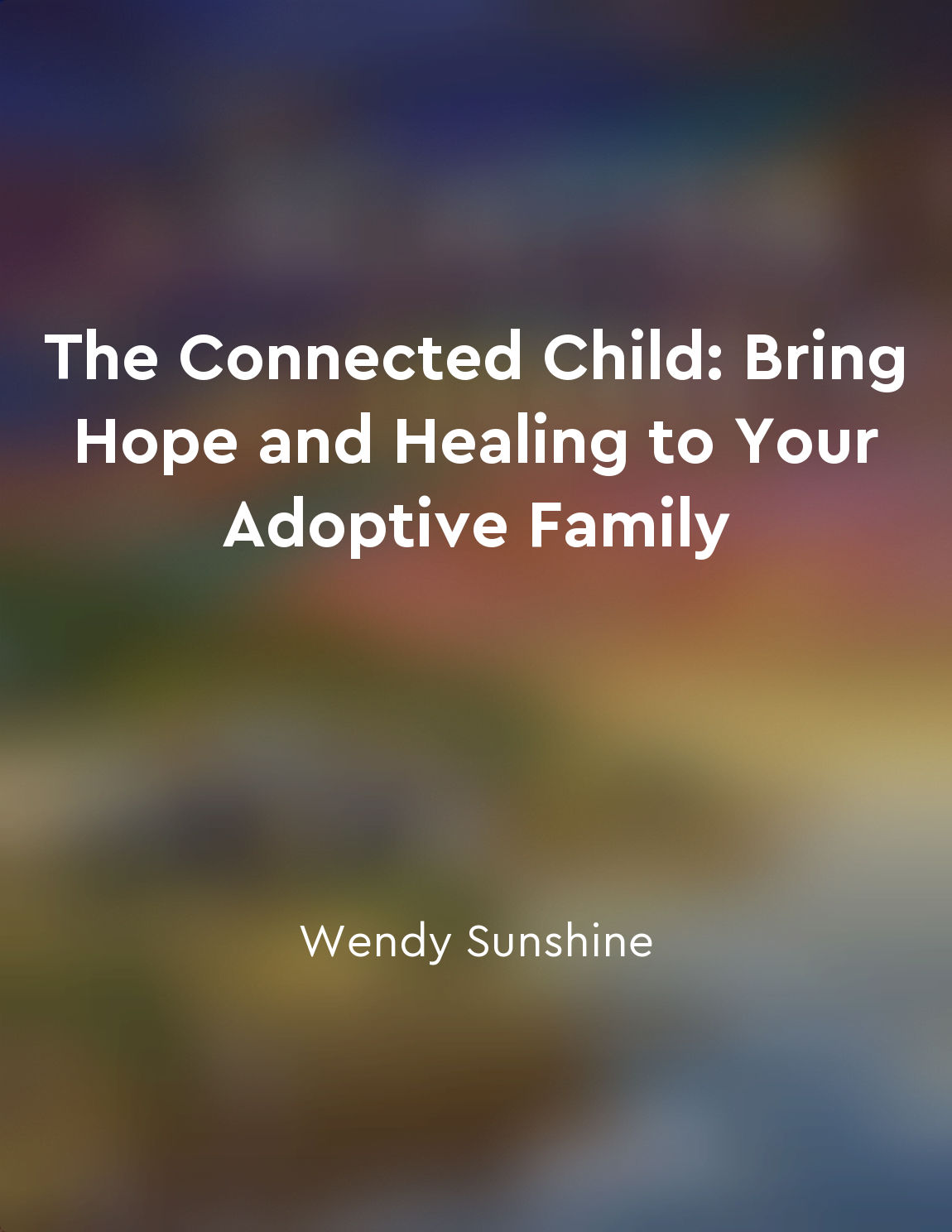Understanding cultural differences is essential in geriatric nursing from "summary" of Basic Geriatric Nursing - E-Book by Patricia A. Williams
Understanding cultural differences is essential in geriatric nursing. As nurses provide care for older adults from diverse cultural backgrounds, it is crucial to recognize and respect these differences. Cultural beliefs, values, practices, and traditions significantly influence the health and well-being of older adults. Therefore, nurses must be culturally competent to deliver quality care that is sensitive to the unique needs of each individual. Cultural competence in geriatric nursing involves being aware of one's own cultural biases and assumptions. It requires an open-minded approach to learning about different cultures and being willing to adapt one's practice to meet the needs of diverse older adults. By understanding and respecting cultural differences, nurses can build trust and rapport with their patients, leading to better health outcomes and overall satisfaction with care. Moreover, cultural competence in geriatric nursing involves effective communication with older adults from diverse cultural backgrounds. Language barriers, nonverbal cues, and differing communication styles can all impact the nurse-patient relationship. Nurses must be able to navigate these challenges by using interpreters, asking open-ended questions, and actively listening to their patients' concerns. By fostering effective communication, nurses can provide person-centered care that is tailored to the individual needs of each older adult. Furthermore, cultural competence in geriatric nursing involves adapting care practices to align with the cultural beliefs and preferences of older adults. For example, some cultures may have specific dietary restrictions, spiritual practices, or family roles that influence health care decision-making. Nurses must be willing to accommodate these differences and work collaboratively with older adults and their families to develop care plans that are culturally appropriate.- Understanding cultural differences is essential in geriatric nursing. By being culturally competent, nurses can provide quality care that is respectful, responsive, and effective for older adults from diverse cultural backgrounds. It is crucial for nurses to recognize the impact of culture on health and wellness and to strive for cultural humility in their practice. Ultimately, cultural competence enhances the nurse-patient relationship and promotes positive outcomes for older adults in need of geriatric care.
Similar Posts

Trust is the foundation of any healthy connection
Trust is the bedrock upon which all healthy relationships are built. Without trust, a connection is like a house of cards waiti...
Use confident body language to exude selfassurance
Confident body language is like a magic wand that can instantly make you appear more self-assured and powerful. When you stand ...

Encourage expression of emotions
Encouraging the expression of emotions is a crucial aspect of helping children heal and adapt in their new family environment. ...
Care work is gendered
The division of labor by gender is a fundamental aspect of social organization. Care work, which involves the nurturing and sup...
The role of emotions in communication varies across cultures
In some cultures, emotions play a central role in communication, with people expressing their feelings openly and directly. For...
Context is key in understanding behavior
Understanding behavior requires us to consider the context in which it occurs. Without taking into account the circumstances su...
Building rapport through effective communication fosters trust
Building rapport through effective communication is a crucial skill in social and human services. When individuals engage in me...
Acknowledge the other party's feelings and concerns
When someone comes to you with a request or proposal, it's important to understand that they have their own feelings and concer...
Trust is fundamental in successful communication
Trust plays a crucial role in communication within organizations. It is the foundation upon which relationships are built, allo...

Effective communication requires active listening
Communication is a two-way process that involves both speaking and listening. While speaking is important to convey our thought...

